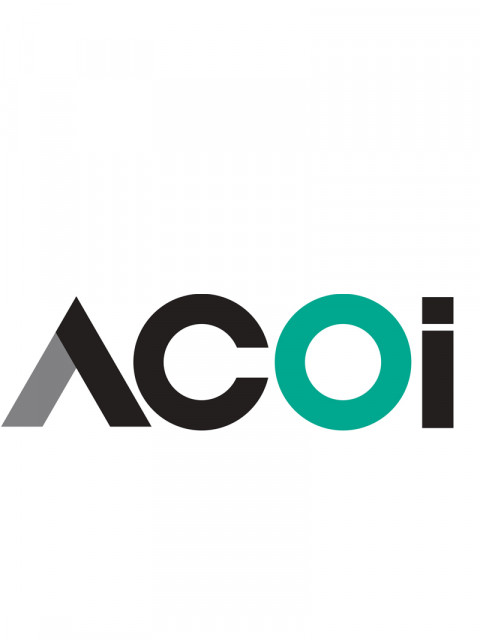
Dr. Kellee Randle is Working to Improve Health Care Advocacy & End Implicit Bias
by ACOI
December 9, 2022
Educating physicians and patients, Kellee Randle, DO, FACOI is a hospitalist and an entrepreneur pursuing a dual mission. Bringing awareness to how implicit bias corrupts quality care delivery is something she began in earnest during the pandemic through her company, Equity Ventures Plus LLC. She is also a firm believer in teaching patients how to advocate for themselves and how and what to ask for to ensure they are being proactive in their own health care.
“They ought to understand what medications they are taking, and what their family medical history is. They should also know what preventative things they should to be doing, such as pap smears, and mammograms, and to understand their risk for diseases like colon cancer. It’s important for people to be educated consumers so that they can be an integral part of their own health care team,” she says.
Her desire to help patients engage with their own health care culminated into a medical journal that she designed to help patients track their medical history, log their medications and immunizations, and provide a place to log metrics from blood pressure, to weight, to blood sugar levels, and take notes, all in one place.
“I developed My Medical Journal so that patients can take the book with them from doctor's office to doctor's office. It's a great tool because as older adults transition and their children start to take over care, they now have your journal which has everything in it, and they can assume your care with all the medical details they need to ensure accuracy. I really designed it as a tool to help engage patients so that they don't just show up and expect that the care team will have all the answers. It acknowledges that they have a role to play and that they're on the team with us.”
Speaking all over the country and recently in Baltimore at #ACOI2022, Dr. Randle is perfectly comfortable bringing touchy subjects to light. She does so with a strong conviction that facing important issues like implicit bias is a way to start addressing concerns and improve care. She warns however, that in a constantly changing world, physicians need to be ever vigilant and build their awareness by being open to reading, learning, and being curious.
“We must be continual learners, and luckily, that is something doctors are already accustomed to. After all, everything that we do is a constant evolution. Medicine is always changing and discussing some of these topics as it relates not just to race, but to the LGBTQ+ community, or as it relates to folks that are differently abled, are all evolving. That means we must commit to reading and educating ourselves so that we can, in turn, educate our patients, and do better by them regarding the care we're providing.”
Dr. Randle is committed to doing just that. Her motivation for her life’s work is the recognition that the facts support the need for more education to help physicians recognize and address their biases with the understanding that there is potential for improvement.
“The data shows that we're not doing for our black and brown patients what we are doing for our white counterparts. There's a reason for that. I’m here to say let's get into that and let's figure out how we can dismantle that to change the outcomes. At the end of the day, I know that we're all here to take care of patients and to do what is best for them. But we must first tackle the barriers that are preventing us from doing that across the board, no matter their race, their ethnicity, their sexual orientation, how they identify their abled-ness, whatever the issue is. We should be well equipped and educated to handle those things. If there is anything preventing us from doing that, perhaps our own concerns or systemic issues, we have an obligation and a higher moral standard to stand up for our patients, to advocate for them, and to do better!”
How we can Help End Implicit Bias
By Kellee Randle, DO, FACOI
What can physician do immediately to start tackling the issue of implicit bias?
1. Acknowledgment. Acknowledge that implicit bias exists and that the data and evidence detailing the issue is true. Once there is acknowledgement, then we can begin to address it.
2. Read. Read. Read. Widen your educational base. Be curious and read what these new terms are that you maybe never even heard of before. For example, what does it mean to be asexual or pansexual? What are we talking about here?
3. Have conversations. Once you read, start a dialogue. Be open to hearing from people who have life experiences to share to garner a better understanding. Sometimes individuals confuse empathy with a concern that we’re going to convert you or ask you to conform when actually it is about being comfortable and opening up to have the conversations.
These three steps are great places to start for any physician who truly wants to see health disparities come to an end. Learn more at Dr. Kellee Randle – Board-Certified Internal Medicine Physician (doctorkellee.com)

